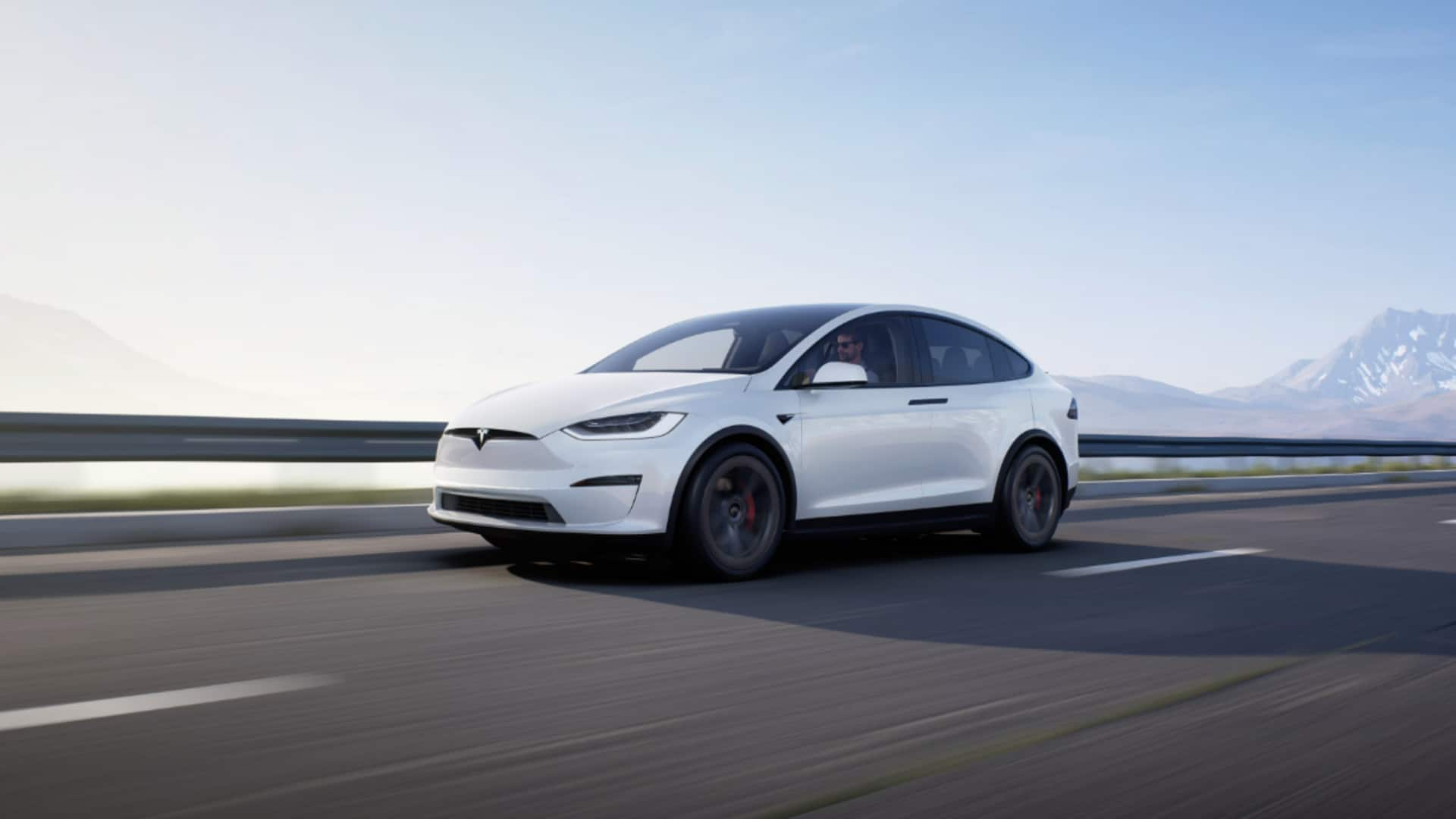
Tesla, Elon Musk found guilty of promoting faulty Autopilot systems
What's the story
Reid Scott, a Florida judge, has ruled that there is "reasonable evidence" suggesting Tesla executives, including CEO Elon Musk, were aware of issues with the Autopilot systems but allowed the vehicles to be driven in unsafe conditions. This decision means the family of a man who died in a crash while using Autopilot can seek punitive damages from the company. The lawsuit is related to a 2019 accident near Miami, where Stephen Banner's Model 3 collided with an 18-wheeler truck.
Lawsuit
Details of the lawsuit resulting from the 2019 crash
Judge Scott's ruling was based on testimonies from Autopilot engineer Adam Gustafsson and Dr. Mary "Missy" Cummings, director of the Autonomy and Robotics Center at George Mason University. Gustafsson stated that Autopilot failed to detect semi-tractors and stop the vehicle in Banner's crash. Despite being aware of the issue, Tesla made no changes to the cross-traffic detection warning system. The judge concluded that Musk was "acutely aware" of the problem but did not address it.
Testimonies
Testimonies point to Musk's awareness of defects
When the case goes to trial, it could reveal new information about the vast amount of data Tesla collects. Tesla had previously won two product liability cases regarding its Autopilot system. In April, a jury found the company not responsible for a 2019 crash involving Autopilot. In another case, a jury sided with Tesla against allegations that Autopilot caused the death of driver Micah Lee in 2019. The EV maker argued that human error was to blame for the crash.